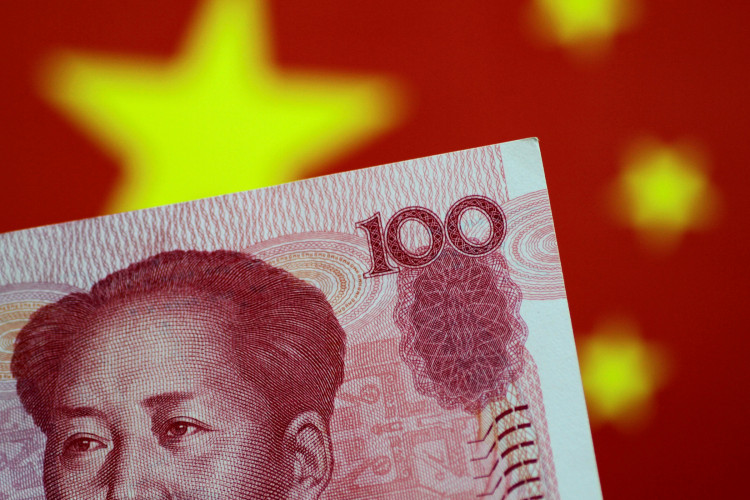Rich Chinese people are reducing their holdings of domestic securities and are increasingly considering assets in the United States and other foreign countries.
According to asset managers, wealthy Chinese are particularly concerned about Xi Jinping's "common prosperity" initiative to lessen income disparity and are looking at foreign private equity and real estate investment prospects in nations like the United States and Japan.
Rich Chinese have reportedly grown more concerned by the hazy picture for a domestic economy dealing with COVID interruptions as well as the geopolitical repercussions of Russia's invasion of Ukraine on China after suffering significant losses this year.
According to Eurekahedge data, hedge funds with Greater China strategies have lost 12.9% for the year to the end of November, putting them on track for their worst year since 2011.
Although investing outside of mainland China is not a new trend, a large portion of that money has traditionally been invested in Chinese assets such as Chinese equities listed in offshore markets.
"Previously, the wealth creation for these people was not (about) buying American stocks, or buying American real estate...it is starting to change," Jason Hsu, founder and chairman of Rayliant Global Advisors said.
According to the Boston-based asset manager, he has received several inquiries from Greater China family offices seeking information on US economic policies and investment laws.
Eva Lee, head of Greater China equities at UBS Global Wealth Management Chief Investment Office, said wealthy Chinese may have generated significant profits from their home market in recent years, but they now realize that this strategy does not always work.
"Investors have learned a lesson this year, they realised diversification is just so important," she added.
In order to connect family offices in Greater China with the U.S., the U.S. consulate in Hong Kong hosted two virtual meetings in October and November. according to an email obtained by Reuters and two persons familiar with the situation.
Greenlight Capital president David Einhorn, who earned his name by shorting Lehman Brothers, and Ken Goldman, who manages former Google CEO Eric Schmidt's family business, were invited to one of the sessions last month.
Due to their lack of authorization to speak to the media, the two sources declined to be identified.
According to the U.S. consulate, it routinely explains American investment and economic trends to a wide range of audiences. Einhorn did not respond to questions from Reuters, but Goldman claimed to have been present.





